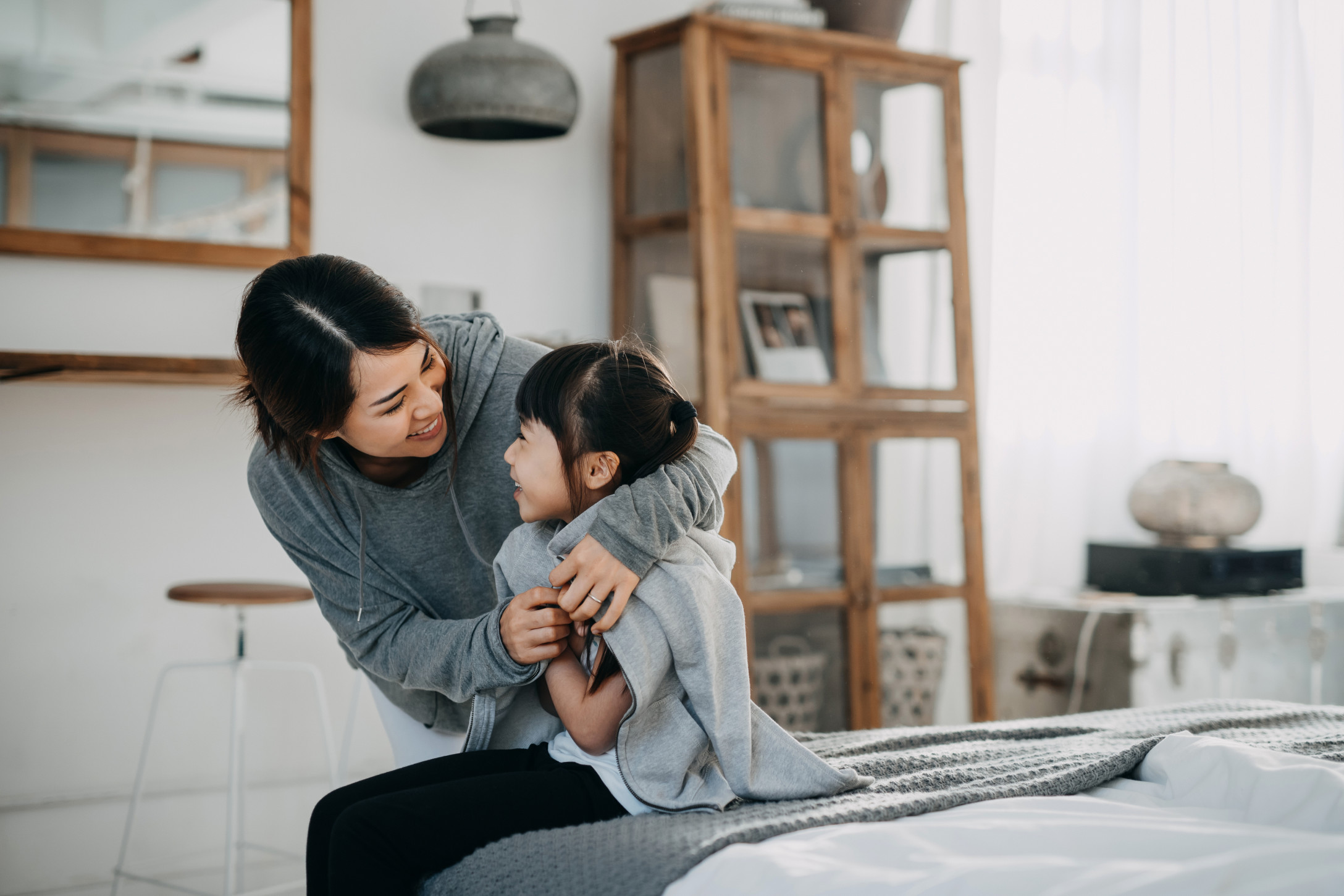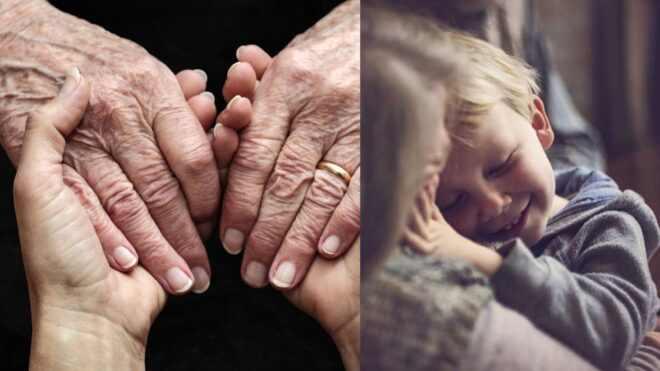
My parents immigrated from Hong Kong to Canada in the 1970s. Growing up as a Chinese Canadian, there were many times where my Eastern and Western influences would conflict with one another. From the food, language, how I looked to how to talk to adults, I never felt like I fit in.
I remember one time hearing a classmate call his mom by her first name. I thought that was really weird. When I confronted him, he said that his mom doesn’t mind and that’s how their family functioned.
Collectivistic cultures emphasize harmony over conflict and respecting elders meant never challenging their authority. My dad preached this concept from the day I was born. He firmly believed that kids need to respect anyone older than them because they were wiser, smarter, and had more life experience. There was no discussion when it came to disagreements. The elder is always right because of their age.
Despite his expectations, I was notorious for talking back to him.
As the youngest of three, I believed rules were meant to be broken. I’d question his intent every time he told me to do something without explaining why. He had a “because I said so” approach as a parent. So for most of my upbringing, we were like oil and water.
My mom was more reasonable and explained the consequences. There have been many instances where my mom needed to act as a peacekeeper between us. The way my mom handled my rebellion is similar to how I am with my children. Now that I’m in her position, here’s why I’d rather have my kids talk back to me than silently obey.
I don’t want them to lie to me.
If I force my kids to follow my rules without explaining why, expect them to silently agree to everything I say, and punish them whenever they don’t listen, I know they will start keeping secrets from me.
Building trust with my children means having open and honest conversations and keeping the lines of communication open.
Using fear-based parenting does not prevent my child’s bad behavior. It just means they’ll figure out a way to do the same thing without me finding out about it.
If their opinions are valued, they feel valued.
How does it feel when you are raised to feel like your opinions weren’t valued?
Not worthy. Not seen. Not heard. Like whatever you do doesn’t matter because every decision you make depends on the approval of someone else.
I don’t want my children to obey me blindly without developing their own opinions and independent thoughts. When they grow up, I don’t want them to make decisions based on my approval and rely on me to resolve their problems. I want them to have the autonomy to choose how they want to live their lives and the confidence to overcome challenges when things don’t go their way.
Not having that opportunity changed my dynamic with my father.
As I got older, I stopped talking back to my dad and instead stayed silent, keeping him in the dark about everything that was going on with me. It wasn’t just the stuff I knew he wouldn’t approve of. Even when I had fantastic news, won an award, or published a book, I didn’t want him to know. I couldn’t honestly share anything with him because I didn’t trust that he would respond in a safe and supportive manner.
My parents never validated my feelings because they didn’t know how and didn’t think it was necessary. It created a barrier in how much I could talk to them without feeling disappointed or misunderstood.
I don’t want my children to feel that way. But the only way I can validate their emotions is if they feel safe speaking up, showing vulnerability, expressing their feelings, and sharing details about their lives.
As a parent, I am in charge.
I’m the one who sets the rules and gives consequences. Don’t get me wrong: My kids know talking back to me is disrespectful and unacceptable. I am firm with the consequences when they talk back. But it doesn’t mean it’s “my way or the highway.”
Often, when they talk back, what they’re actually doing is expressing their frustration and anger as a way to get my attention. Keeping the conversation open will help minimize the backtalk and prevent it from turning into silence, which is the thing I really don’t want.







